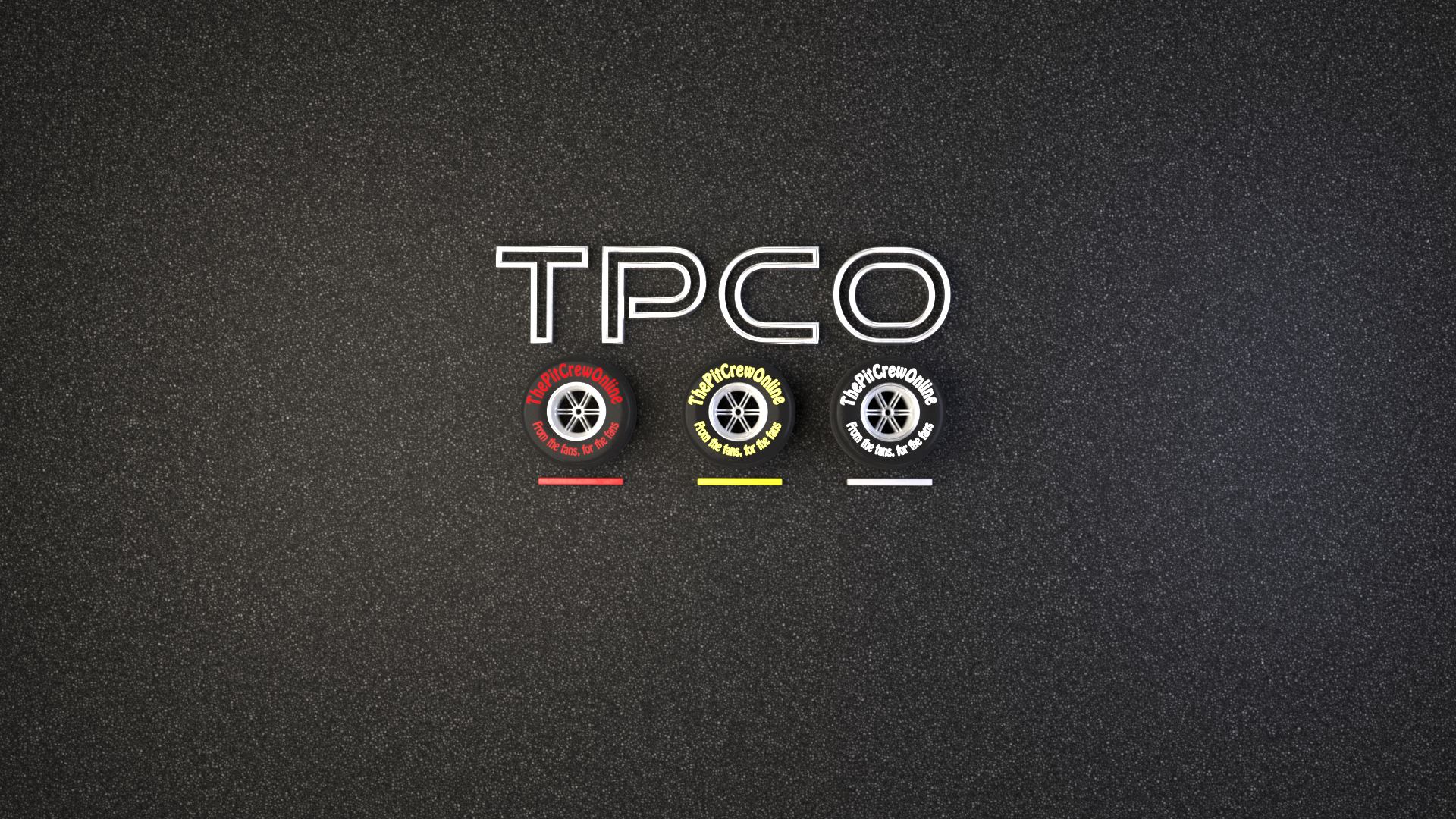
Bahrain International Circuit, Sakhir, Bahrain.
Saturday 15 April 2017.
Charles Leclerc (MCO, PREMA Racing) leads Norman Nato (FRA, Pertamina Arden)
Photo: Zak Mauger/FIA Formula 2.
ref: Digital Image _W6I0209
To many, it may have seemed like a rather rushed decision to transform the GP2 Series into the FIA Formula 2 Championship, but this was a move that was just waiting to happen for years.
Though the newly formed series technically represents a new category of single seater racing, there is not much that sets it apart from the former GP2 series. The championship has retained almost all the hallmarks of its predecessor, right down to the name of the year’s chassis: GP2/11. The change was only announced in March, and with the first round of the championship taking place in April, that meant there was little time to implement anything beyond the change in name. But even this itself will have, and has had, a sizeable impact on the image of the category.
For someone unfamiliar with junior categories of motorsport, it would have been unclear where GP2 sat on the single seater ladder. The Formula 2 (or F2) moniker however, makes it abundantly clear that this represents the very peak of the junior categories, sitting just one rung below Formula 1. While GP2 was always meant to represent this, the acquisition of the new name is a step in the right direction for the category in gaining the recognition it needs.

Bahrain International Circuit, Sakhir, Bahrain.
Saturday 15 April 2017.
Norman Nato (FRA, Pertamina Arden) leads Charles Leclerc (MCO, PREMA Racing)
Photo: Zak Mauger/FIA Formula 2.
ref: Digital Image _W6I0306
The other change that has already come into effect is the affiliation of F2 with the FIA.
This is the most important aspect regarding the integration of Formula 2 into the FIA Global Pathway – the official name for the road laid out by the federation that aims to take a driver from karting all the way to Formula 1. It has long been a project of FIA President Jean Todt to create an efficient and complete pyramid for single seater racing, and he described the creation of Formula 2 as “a very important step” in this process.
No doubt, this particular move was enabled by the takeover of the Formula One Group by Liberty Media. The GP2 Series was the brainchild of Bernie Ecclestone and Flavio Briatore, so with Ecclestone ousted, it made it far easier to pull GP2 into the mainstream.
New CEO of the Formula One Group Chase Carey has previously stated that strengthening junior motorsport categories was a priority for Liberty Media, and this move was most likely the first step in that mission. FIA affiliation will go a long way in ensuring the longevity of Formula 2 as well as bolstering its reputation.

Bahrain International Circuit, Sakhir, Bahrain.
Saturday 15 April 2017.
Antonio Fuoco (ITA, PREMA Racing)
Photo: Zak Mauger/FIA Formula 2.
ref: Digital Image _W6I0276
These are only the first steps in what will probably transpire to be a total overhaul of the Formula 2 championship. There is no doubt that we will see more changes to the series before the 2018 season, when there is more time over the winter break to set about restructuring and reorganising.
Next season expect the cars to be remodelled so that they reflect the new regulations that have been introduce in Formula 1 this season. Last year, the cars were very similar in the two categories, but with the wider, lower degradation tyres and new aero regulations introduced in F1 the difference has become substantial. If Formula 2 is to act as preparation for the very pinnacle of motorsport, then the gulf between the two categories will need to be closed.
The implication of this announcement is that it places a very large question mark over the future of GP3, which will return in Barcelona to begin its 2017 season. Is there really room for the series in this perfectly planned pathway that Todt and the FIA have envisioned? With Formula 3 and Formula 4 fully supported by the FIA, and already well established in their own right, it is difficult to see where GP3 could fit in.
There have already been signs pointing towards uncertainty surrounding the GP3 Series, with race winner Jake Hughes opting to switch to Formula 3 for the 2017 season. Traditionally, this would be seen as a step down, but with F3 and F4 quickly becoming the more attractive categories for young drivers, it’s a move that makes sense. Don’t be too surprised if by the end of the year we see the scrapping of this particular support series
The formation of the new Formula 2 championship might just have saved it from this stagnation, and secured its future.
Georgia Beith, F2 Correspondent
